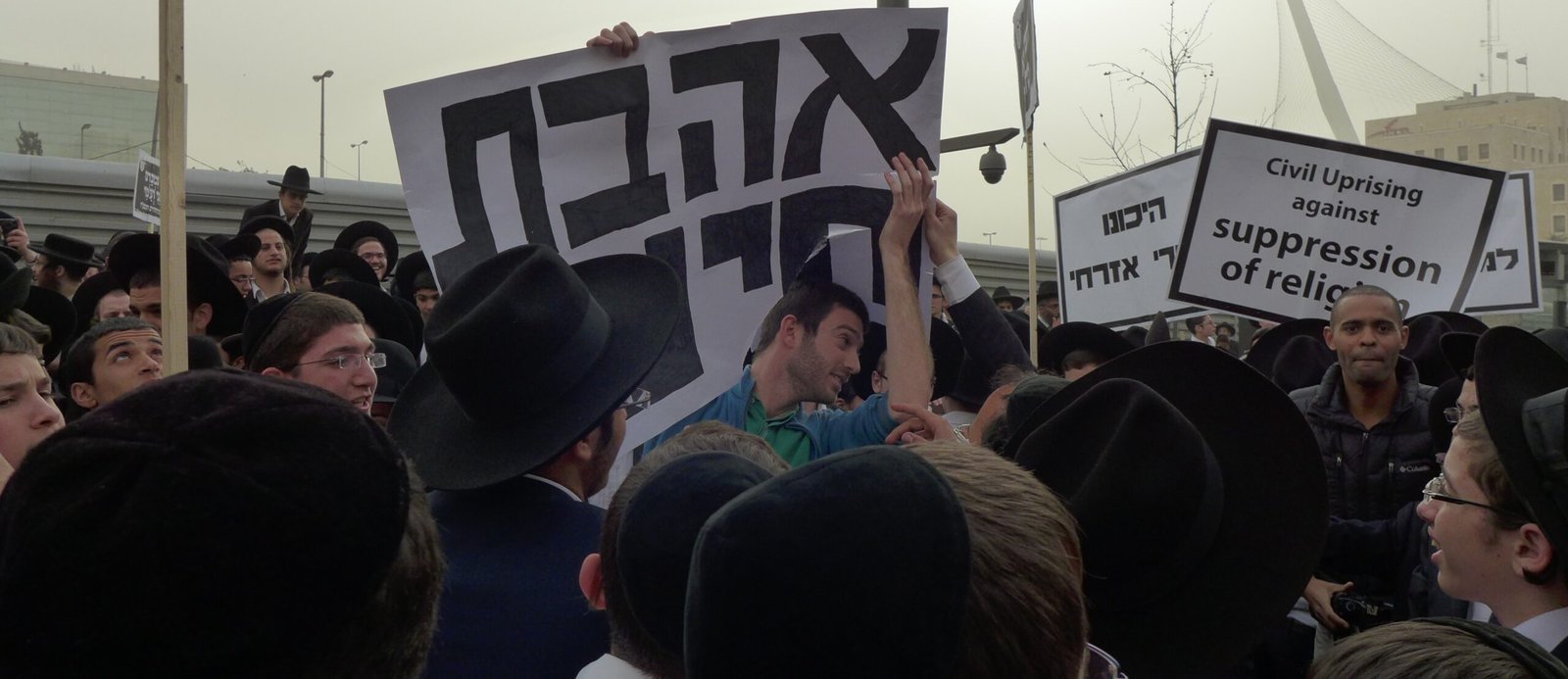Share This Story, Choose Your Platform!
“The Middle East is a dangerous region, very violent with a lot of radicalism.” This has not changed during the past half century, observes Dan Schueftan, director of the National Security Studies Center at the University of Haifa. What has changed: Fifty years ago, the radicals in the Middle East were much more dangerous than today. This is true contrary to the felt perception of many.
The reason for this is, that radicals then were supported by states, above all by the Egyptian president Gamal Abdel Nasser. Nasser at the time was able to mobilize the entire Arab world. The whole region functioned under a radical dictate. Furthermore, Nasser did not wish to change just his own country and its immediate environment. He tried to change the global balance of power.
Brilliantly memorable explains the Israeli historian Schueftan what motivated the Egyptian president during the 1950ies and 1960ies, how he skillfully used both superpowers during the Cold War. Schueftan summarizes: “The Soviets supported Nasser, because it was good for them. And the Americans supported him, because they were dull.”
After the Six-Day-War the Arabs responded to Israel’s invitation to negotiate with the infamous “Three No’s” of Khartoum: No to a recognition of Israel. No to negotiation with Israel. No to peace with Israel. The Israelis actually wanted to “exchange 1967 for 1948.” Schueftan, who also teaches at the Israel Defense Forces National Defense College, thus interprets the intentions of his country’s politicians during the aftermath of the Six-Day-War. They offered to return what they conquered in 1967, if the Arabs would accept what the Jews had achieved in 1948, namely, the establishment of the Jewish State of Israel.
The Khartoum Conference came to an end on September 1, 1967 with the so-called “Khartoum Resolution”. Under Nasser’s leadership, the Arabs’ intentions were all about destroying the Israeli strategy. But all the efforts of the Egyptian dictator, to use the superpowers against each other for his own profit, did not succeed. Schueftan is convinced: “Gamal Abdel Nasser died of a broken heart. He had failed in everything he tried in a humiliating way.”
Nasser’s successor Anwar el-Sadat opened a whole new page. Schueftan observed: Earlier than many others, Sadat recognized, that there were not two superpowers, but only one superpower. However, in order to change sides from the Soviet Union to the United States without loss of face, he first had to show the Americans, how much he could harm them, in order to prove afterwards, how valuable his support is. “And that’s exactly, what he did”, according to Professor Schueftan, analyzing the development of the Egyptian-Israeli relations, which led after 1967 first to the Yom-Kippur-War, but then to the peace treaty of Camp David.
Skillfully presented Sadat the “crown jewel” of the Soviet’s Middle East policy to the Americans, and thus changed the relationship of Israel with the Arab world in a decisive way. In retrospect Schueftan is convinced: We did not have a war since 1973, because the dominating state of the Sunni world is not radical anymore. This justifies from his point of view the price tag of Camp David. Even the calm with the most extreme regime, Syria, during the past decades, has to be understood as a result of the peace treaty with Egypt. The Syrians did not dare to attack Israel, as long as the was no chance to gain help from the Egyptians.
Today, the Egyptians have “intimate” relations with Israel. Schueftan illustrates this thesis with an anecdote about the current Egyptian president, Abdel Fattah el-Sisi: “Until recently Sisi trusted only two people: His mother and Amos Gilad. Then his mother passed away…” Major general res. Amos Gilad served throughout his career in a number of high ranking positions within Israel’s security apparatus. Up to a certain degree Gilad is the éminence grise who on behalf of his government keeps contact – sometimes under the radar – with all kinds of Arab neighbors of Israel.
As a matter fact, Israel, Egypt, Jordan and Saudi Arabia today do not only share a long list of common interests, but also a common enemy: Shi’ite Iran, that tries to expand its sphere of influence via Iraq, Syria and Lebanon in the north, as well as through the terribly bloody war in the south of the Arabian peninsula.
While evaluating relations between Israel and its Sunni neighboring states more or less positively, Professor Dan Shueftan is rather hesitant in view of the atmosphere among the Arab population around Israel: “The Arab street was radical, is radical, for the foreseeable future will be radical, and will support radical elements.”
Reason for this attitude is, according to Schueftan, a deeply rooted complex: The Arabs have not digested the loss of their glorious past. While the Chinese seem to work focused and with a long breath towards a new future, “the Arabs wasted the past century.”
“Today you find people, who like Arabs. You’ll find people, who pity Arabs. You find people, who fear Arabs – however, you will hardly find anybody, who respects Arabs.” This observation is fatal, especially in view of the high appreciation the principle of honor enjoys within Arab culture. Schueftan accuses the Arab society of not acknowledging its own responsibility for failed developments in the region, and that it, therefore, does not even try to live up to it. Instead the Arabs are looking for explanations and excuses for their misery – and blame everything on the Jews. In the current Middle East, Arab Leaders of vision and format are only able to reach their goals as dictators.






















